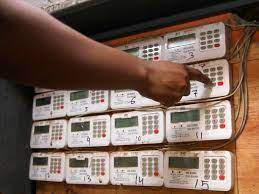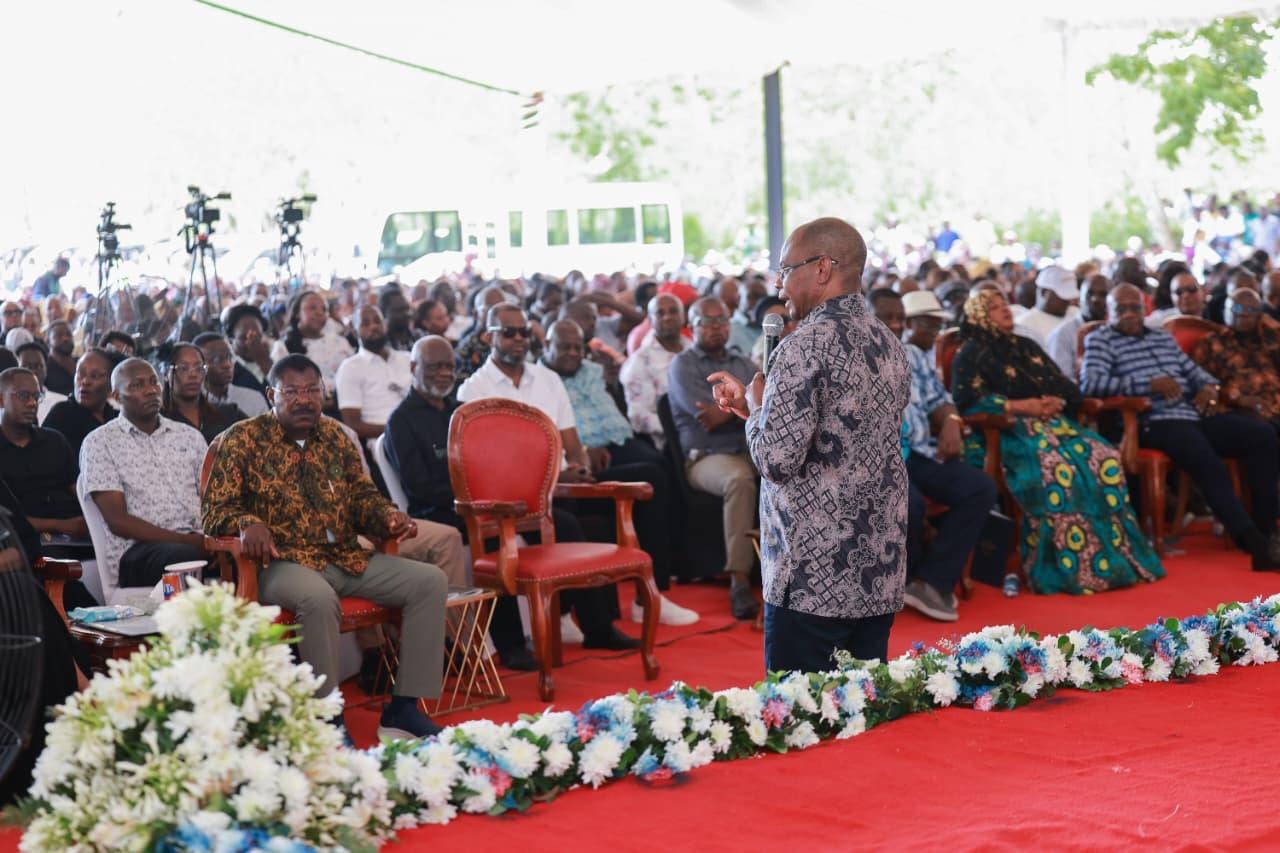MPs urge shift to Kenyan Shillings in power agreements to lower electricity costs

The committee’s recommendation comes as a response to concerns over the long-term cost burden imposed on the government and consumers by agreements in foreign currencies.
A National Assembly Committee has recommended that all future Power Purchasing Agreements (PPAs) signed by the government be denominated in Kenyan Shillings rather than foreign currencies, in a bid to reduce the high cost of electricity.
The National Assembly Committee on Energy, in a report on its investigation into the country’s escalating electricity prices, proposed that the Energy Act, 2019 be amended to require all new PPAs to be in local currency.
More To Read
- Government eyes handing NTSA’s smart driving licence programme to private investor
- Government sets 14-day deadline to end student bursary delays nationwide
- Treasury: Kenya can no longer rely on taxes or borrowing for big infrastructure projects
- World Bank warns political interference weakening Kenya’s state-owned enterprises
- Kindiki unveils Sh1 billion plan to power 6,100 Marsabit homes
- Treasury CS John Mbadi defends ballooning State House budget
The committee’s recommendation comes as a response to concerns over the long-term cost burden imposed on the government and consumers by agreements in foreign currencies.
“All new power generation plant PPAs to be boarded to the grid are denominated in Kenyan Shillings. The Committee shall initiate an amendment to the Energy Act 2019 to effect this recommendation,” reads the report.
The committee, led by Mwala MP Vincent Musyoka, highlighted that many of the PPAs, some lasting up to 30 years, are written in foreign currencies, such as the Euro and the US Dollar.
This, the Committee said, exposes Kenya to risks associated with exchange rate fluctuations, leading to higher payments to Independent Power Producers (IPPs), which ultimately result in higher electricity costs for consumers.
"The payment to the Independent Power Producers is in foreign currency, a forex risk that disadvantages the government and the off-taker," reads the report.
The committee also raised concerns about the terms of many PPAs with IPPs, which it described as unfair and unfavourable to the government.
These agreements, according to the committee, are a major factor in the high electricity tariffs passed on to consumers.
In addition, the committee called for the incorporation of decommissioning costs as part of the capacity charges paid into an escrow account managed by the National Treasury.
Capacity charges cover the costs associated with the IPP’s investment, operational expenses, and debt repayments.
The report further notes that IPPs often require government guarantees and support measures, such as letters of support, which contribute to rising government debt.
Additionally, some IPPs are incorporated in foreign jurisdictions that offer tax advantages and limited regulatory oversight.
"There is a general opaqueness in the disclosure of beneficial owners of IPPs, with a majority of them listing foreign companies as shareholders," reads the report.
To address these concerns, the committee has called on the Business Registration Services (BRS) to submit a report to the National Assembly detailing the ownership and management structures of all IPPs operating in Kenya.
The committee insists that future PPAs should only be entered into with companies that fully disclose their beneficial ownership, in compliance with Kenyan law.
The committee also criticised the procurement process for IPPs, describing it as flawed and lacking transparency.
It suggested that the Ministry of Energy and Petroleum, in collaboration with the National Treasury, fast-track the establishment of an independent office to oversee IPPs, similar to the model in South Africa.
The South African model, implemented in 2010, has been credited with reducing tariffs by promoting competitive procurement for new electricity generation projects.
"The Committee did not establish any credible process applied in onboarding," reads the report.
Top Stories Today














































